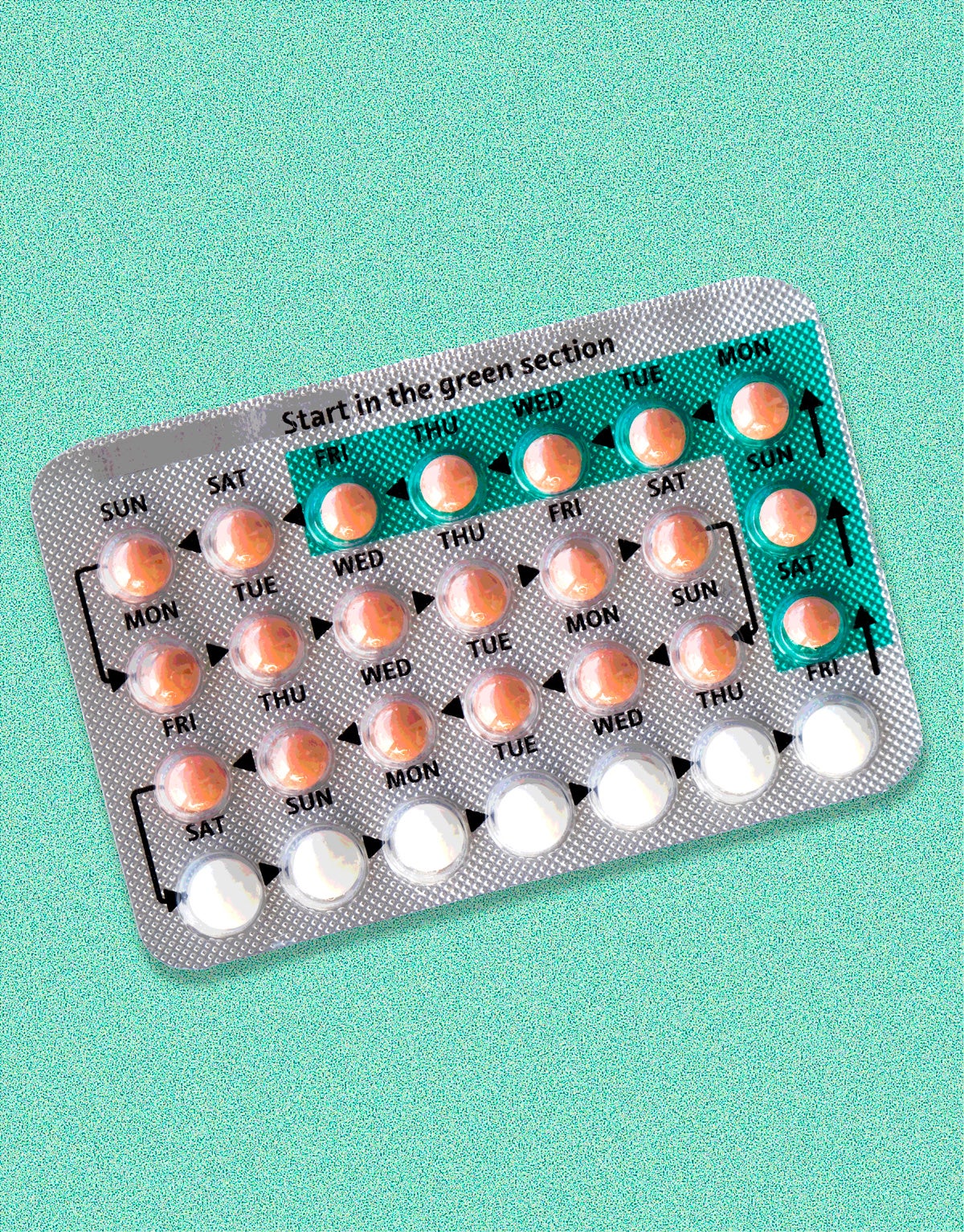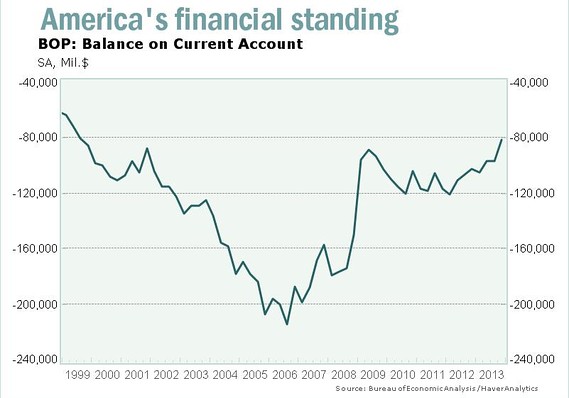Over-the-Counter Birth Control: A Post-Roe Game Changer?

Table of Contents
Increased Accessibility and its Impact
The availability of over-the-counter birth control has the potential to revolutionize access to contraception, particularly for those previously facing significant barriers.
Breaking Down Barriers to Access
For many, accessing prescription birth control presented numerous obstacles. These included:
- Geographical limitations: Many rural areas and underserved communities lack easy access to healthcare providers who can prescribe birth control. Long travel distances and limited clinic hours create significant hurdles.
- Financial constraints: The cost of prescription birth control, even with insurance, can be prohibitive for low-income individuals and families. Co-pays, deductibles, and the cost of doctor visits can all add up.
- Insurance coverage issues: Navigating insurance plans and understanding coverage for contraception can be complex and time-consuming. Some plans may not cover certain types of birth control, leaving individuals with limited options.
Over-the-counter birth control aims to remove these barriers. The convenience of purchasing contraception at a local pharmacy significantly increases accessibility, particularly for those who cannot afford or easily access healthcare services. The potential for lower out-of-pocket costs further improves affordability.
Empowering Individuals to Take Control
Beyond increased convenience, over-the-counter birth control empowers individuals to manage their reproductive health proactively and discreetly. This includes:
- Increased control over family planning: Individuals can make informed choices about their reproductive lives without needing to schedule appointments or rely on the availability of healthcare providers.
- Reduced reliance on healthcare appointments: This is especially beneficial for those with busy schedules or limited access to transportation. The ability to obtain birth control easily removes a significant barrier.
- Ability to discreetly manage contraception needs: Purchasing over-the-counter birth control offers privacy and avoids the potential stigma associated with seeking reproductive healthcare services.
This increased autonomy can have a significant positive impact on women’s overall health and well-being, fostering a sense of agency and control over their bodies.
Potential Concerns and Challenges
While the benefits of over-the-counter birth control are substantial, several potential concerns need careful consideration.
Misinformation and Improper Use
A significant concern is the potential for misinformation and improper use, leading to reduced effectiveness or even unintended consequences.
- Importance of accurate information: Clear, accurate information regarding the proper use, effectiveness, and potential side effects of over-the-counter birth control is crucial.
- Potential for user error: Without the guidance of a healthcare provider, there's a risk of user error, leading to reduced efficacy and increased risk of pregnancy.
- Need for clear instructions and educational materials: Comprehensive instructions and readily available educational resources are necessary to mitigate this risk.
Public health initiatives and widespread educational campaigns will play a critical role in ensuring safe and effective use of over-the-counter birth control.
Maintaining Effectiveness and Safety
Proper storage, expiration dates, and potential interactions with other medications are crucial for maintaining the effectiveness and safety of over-the-counter birth control.
- Need for clear labeling: Clear and concise labeling on packaging is essential for providing accurate information on storage, expiration dates, and potential interactions.
- Easily accessible information: Users should be able to easily access information on safe and effective usage through various channels, including online resources and pharmacist consultations.
Ignoring these factors can lead to reduced effectiveness or unexpected health risks. Consulting a healthcare professional if needed remains essential.
Impact on Insurance Coverage and Costs
The shift to over-the-counter birth control will likely impact insurance coverage models and the overall cost of contraception.
- Potential cost savings for individuals: Depending on insurance coverage and the price of over-the-counter options, many individuals may experience cost savings compared to prescription methods.
- Potential changes to insurance plans: Insurance companies may adjust their coverage models to reflect the availability of over-the-counter options.
- Impact on pharmaceutical companies: The market dynamics for birth control manufacturers may change significantly.
Government subsidies or assistance programs could play a vital role in ensuring continued access for low-income individuals, regardless of the cost changes.
The Future of Over-the-Counter Birth Control
The future of over-the-counter birth control holds both exciting possibilities and important challenges.
Expanding Options and Innovation
The increased availability of over-the-counter birth control could spur innovation and the development of new contraceptive options.
- Advancements in technology and formulation: We may see advancements in technology leading to more effective and convenient methods of contraception.
- Different types of contraceptives: A wider variety of over-the-counter options catering to different needs and preferences could become available.
This could lead to a more personalized and accessible approach to family planning.
Global Implications and Accessibility
The trend towards over-the-counter birth control could significantly impact global reproductive health initiatives.
- Countries with limited access to contraception: Making birth control more readily available could drastically improve access in countries with limited healthcare resources.
- Potential for improving global health outcomes: Increased access to contraception is linked to improved maternal and child health outcomes worldwide.
However, the challenges of distribution, affordability, and cultural acceptance will need to be addressed for truly global impact.
Conclusion
The availability of over-the-counter birth control presents a significant shift in reproductive healthcare, particularly in the post-Roe landscape. While increased accessibility empowers individuals and reduces barriers, addressing concerns about misuse, safety, and cost remains crucial. The long-term impact on reproductive health outcomes and the future development of readily available contraceptive options warrant continued attention and discussion. To learn more about accessing over-the-counter birth control options in your area, consult your local pharmacist or healthcare provider. Understanding your options for over-the-counter birth control is a crucial step in taking control of your reproductive health.

Featured Posts
-
 Is A New Cold War Dawning Examining The Deterioration Of U S China Relations
Apr 22, 2025
Is A New Cold War Dawning Examining The Deterioration Of U S China Relations
Apr 22, 2025 -
 Pope Francis Passes Away At 88 Reflecting On His Papacy
Apr 22, 2025
Pope Francis Passes Away At 88 Reflecting On His Papacy
Apr 22, 2025 -
 Post Fire La Rent Hikes Is Price Gouging Affecting Fire Victims
Apr 22, 2025
Post Fire La Rent Hikes Is Price Gouging Affecting Fire Victims
Apr 22, 2025 -
 Trumps Trade Agenda Risks And Realities For Americas Financial Standing
Apr 22, 2025
Trumps Trade Agenda Risks And Realities For Americas Financial Standing
Apr 22, 2025 -
 Strengthening Nordic Security The Role Of Swedish Tanks And Finnish Troops
Apr 22, 2025
Strengthening Nordic Security The Role Of Swedish Tanks And Finnish Troops
Apr 22, 2025
